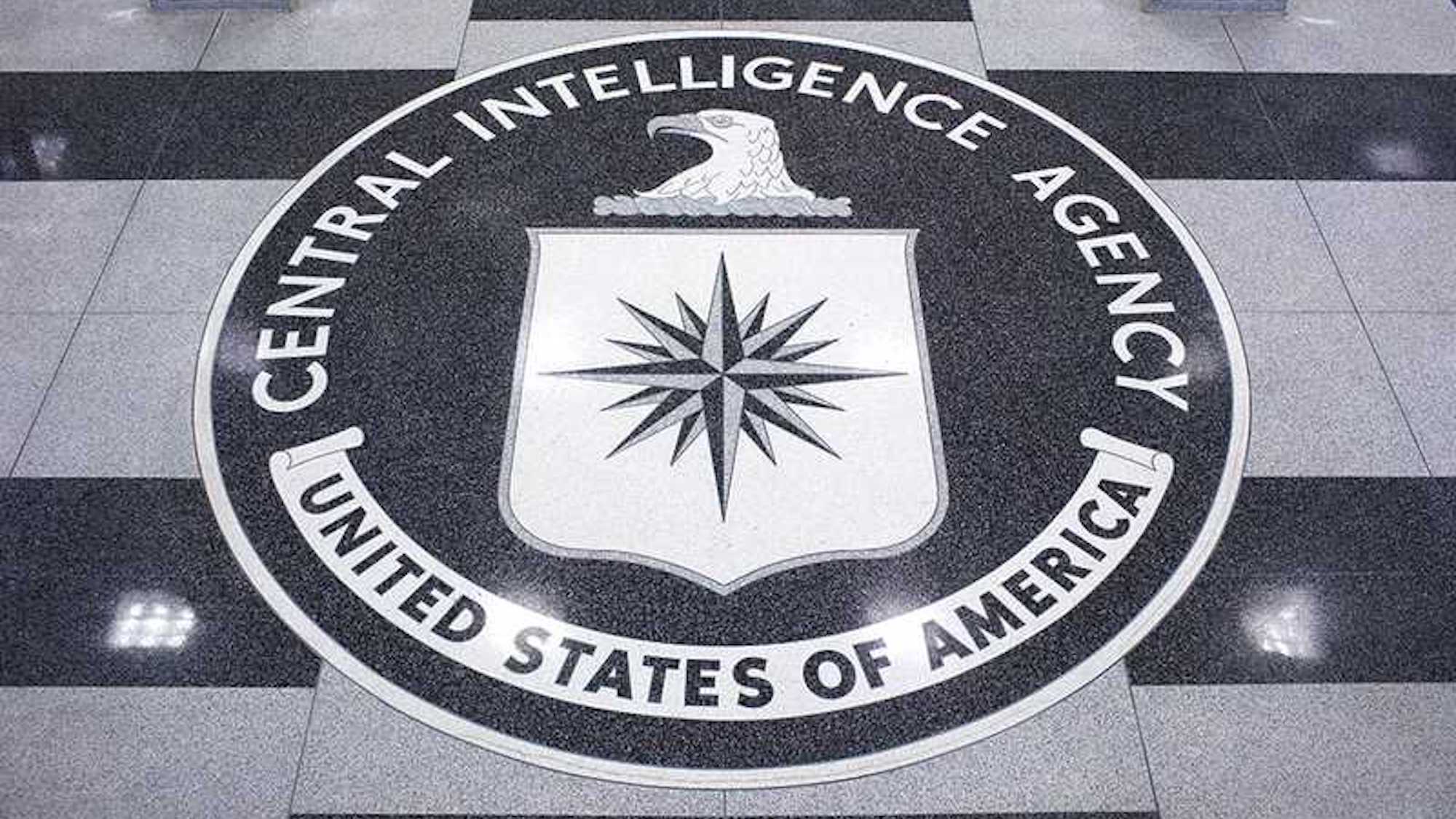

The Central Intelligence Agency confirmed it is building a ChatGPT-style AI for use across the US intelligence community. Speaking with Bloomberg on Tuesday, Randy Nixon, director of the CIA’s Open-Source Enterprise, described the project as a logical technological step forward for a vast 18-agency network that includes the CIA, NSA, FBI, and various military offices. The large language model (LLM) chatbot will reportedly provide summations of open-source materials alongside citations, as well as chat with users, according to Bloomberg.
“Then you can take it to the next level and start chatting and asking questions of the machines to give you answers, also sourced. Our collection can just continue to grow and grow with no limitations other than how much things cost,” Nixon said.
“We’ve gone from newspapers and radio, to newspapers and television, to newspapers and cable television, to basic internet, to big data, and it just keeps going,” Nixon continued, adding, “We have to find the needles in the needle field.”
[Related: ChatGPT can now see, hear, and talk to some users.]
The announcement comes as China’s make their ambitions to become the global leader in AI technology by the decade’s end known. In August, new Chinese government regulations went into effect requiring makers of publicly available AI services submit regular security assessments. As Reuters noted in July, the oversight will likely restrict at least some technological advancements in favor of ongoing national security crackdowns. The laws are also far more stringent than those currently within the US, as regulators struggle to adapt to the industry’s rapid advancements and societal consequences.
Nixon has yet to discuss the overall scope and capabilities of the proposed system, and would not confirm what AI model forms the basis of its LLM assistant. For years, however, US intelligence communities have explored how to best leverage AI’s vast data analysis capabilities alongside private partnerships. The CIA even hosted a “Spies Supercharged” panel during this year’s SXSW in the hopes of recruiting tech workers across sectors such as quantum computing, biotech, and AI. During the event, CIA deputy director David Cohen reiterated concerns regarding AI’s unpredictable effects for the intelligence community.
“To defeat that ubiquitous technology, if you have any good ideas, we’d be happy to hear about them afterwards,” Cohen said at the time.
[Related: The CIA hit up SXSW this year—to recruit tech workers.]
Similar criticisms arrived barely two weeks ago via the CIA’s first-ever chief technology officer, Nand Mulchandani. Speaking at the Billington Cybersecurity Summit, Mulchandani contended that while some AI-based systems are “absolutely fantastic” for tasks such as vast data trove pattern analysis, “in areas where it requires precision, we’re going to be incredibly challenged.”
Mulchandani also conceded that AI’s often seemingly “hallucinatory” offerings could still be helpful to users.
“AI can give you something so far outside of your range, that it really then opens up the vista in terms of where you’re going to go,” he said at the time. “[It’s] what I call the ‘crazy drunk friend.’”
